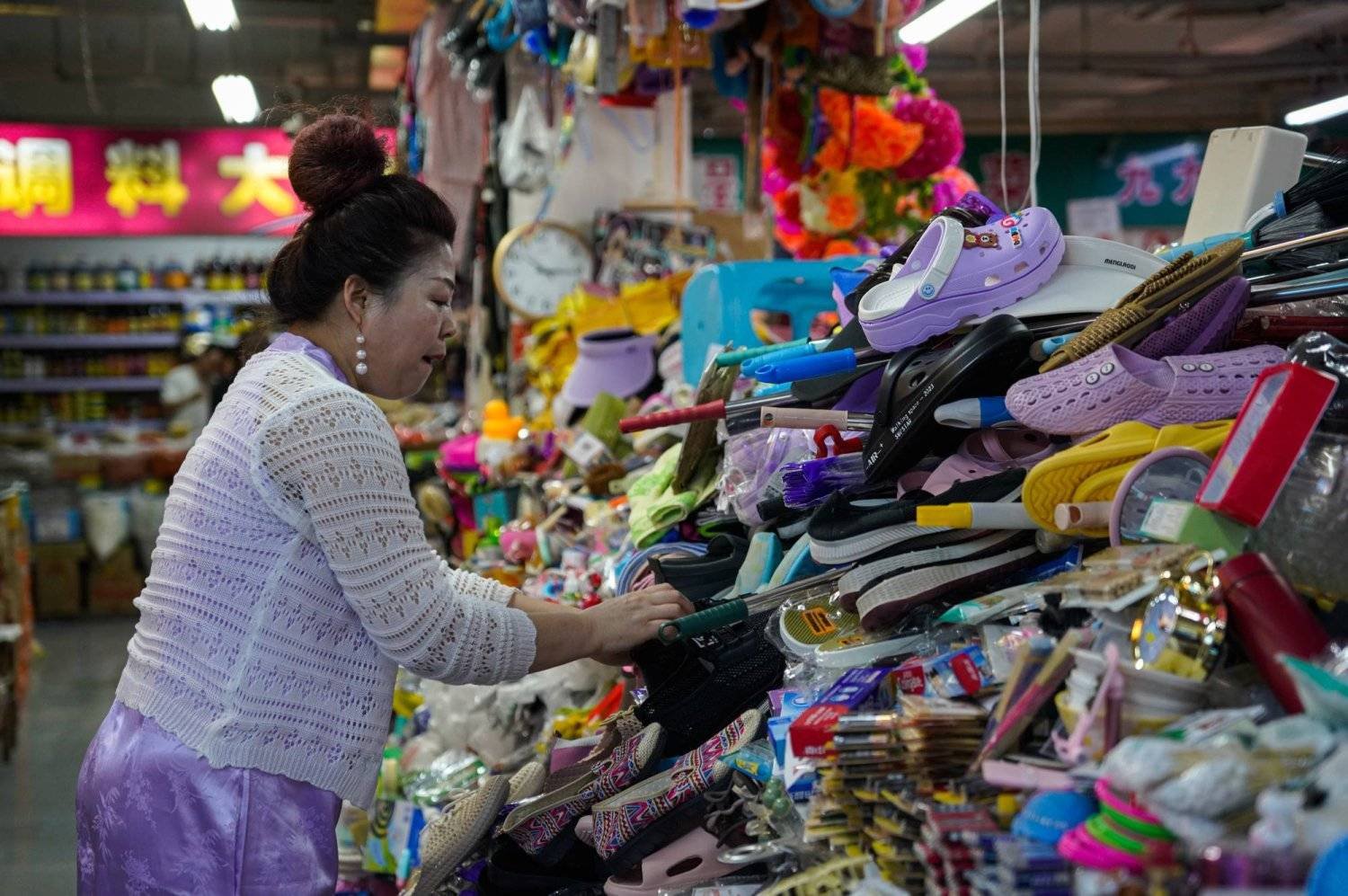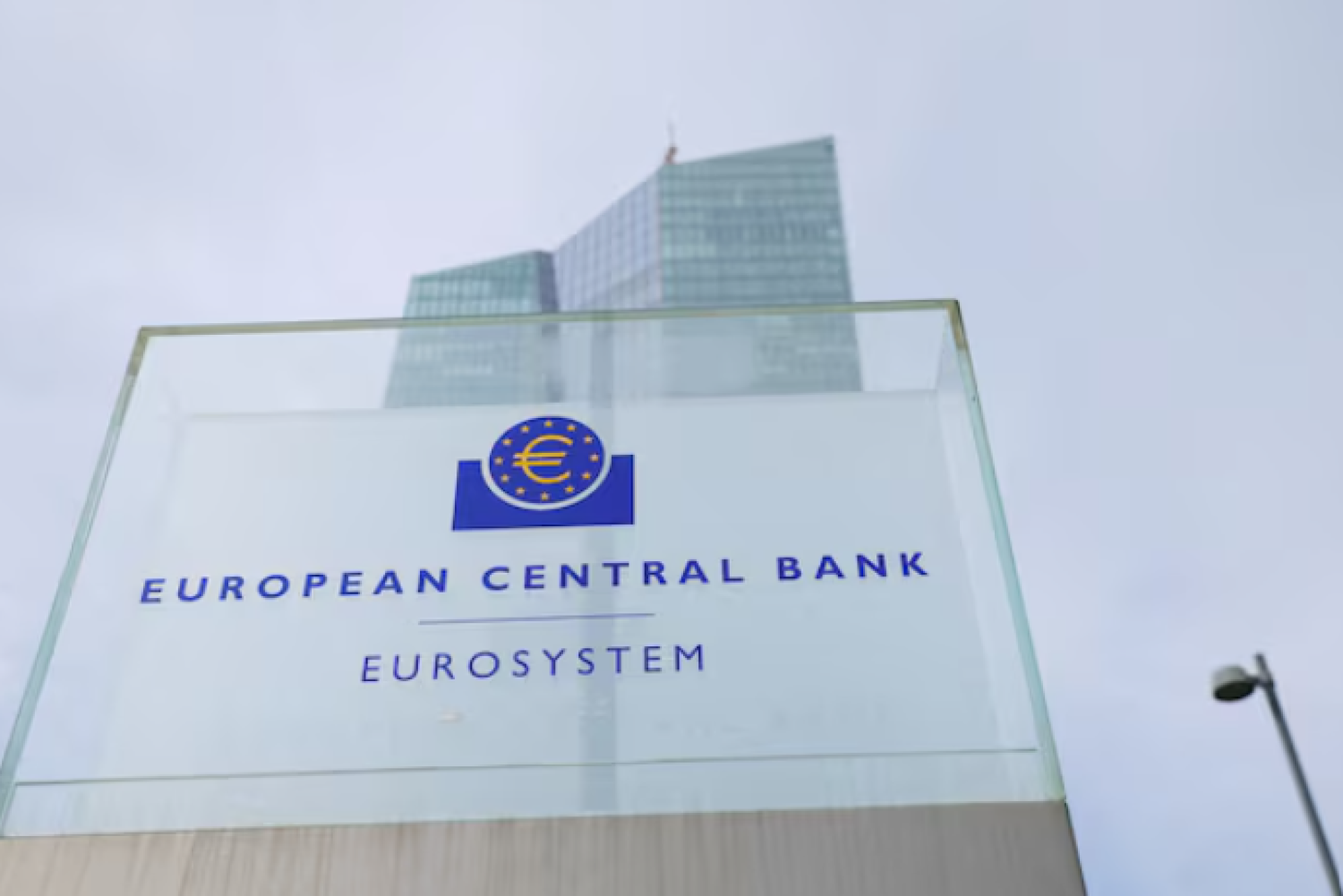Saudi Arabia recently concluded agreements with a number of African countries with the aim to achieve sustainable agricultural development and promote food security.
The moves come at a time when global grain supplies are expected to be lower next season, paving the way for higher agricultural commodity prices, while economies are still suffering from deep-rooted inflation, according to US outlooks.
Saudi-African relations have witnessed remarkable development during the recent period. The Kingdom and several African countries have agreed to support and develop joint bilateral relations in all fields, especially the agricultural sector.
At the end of 2023, the Kingdom hosted the Saudi-African Summit to boost joint cooperation and mutual strategic partnership.
Saudi Minister of Environment, Water and Agriculture, Eng. Abdul Rahman Al-Fadhli carried out last week a visit to Senegal, the Ivory Coast, Nigeria and Ghana where he explored future investment opportunities and prospects for cooperation.
Al-Fadhli agreed with Senegalese Prime Minister Ousman Sonko to strengthen and develop bilateral relations in the fields of agriculture, food security, fisheries and livestock.
He also discussed with Ivorian Minister of State for Agriculture and Rural Development Kobenan Kouassi Adjoumani aspects of joint cooperation in the fields of agricultural investment, livestock and food security to bolster future investment opportunities.
The Saudi minister held an extensive meeting with representatives of the Ivorian private sector to learn about the most prominent companies and their products, in addition to identifying agricultural investment opportunities that benefit both countries.
In addition, Al-Fadhli reviewed with Nigerian Minister of Agriculture and Food Security Abubakar Kyari investment opportunities in the sector, and means to increase the prospects for joint trade and economic cooperation.
The meeting discussed aspects of joint cooperation between the two countries in all fields, with a focus on enhancing mutual work in agriculture and food security, and reviewing the available investment opportunities, taking advantage of their natural wealth, including the vast area and rich natural diversity, in addition to agricultural resources and food products.
Ghana was the last leg in the African tour, where Al-Fadhli discussed aspects of joint cooperation with Minister of Food and Agriculture Bryan Acheampong and reviewed investment opportunities in the field of agriculture, livestock, and food manufacturing.
The officials agreed to facilitate the work of investors to achieve common interests and increase the volume of economic partnerships.
In remarks to Asharq Al-Awsat, Economic and Academic Analyst at King Faisal University, Dr. Mohammad Al-Qahtani said a number of African states, including, Senegal, Nigeria, Ghana, and the Ivory Coast, are witnessing remarkable economic growth.
This has encouraged Saudi authorities to strengthen bilateral cooperation with them and to benefit from the Kingdom’s strategic location that forms a bridge between three continents and plays a major role in the global logistics process, he underlined.
Al-Qahtani added that Saudi Arabia will act as a logistical gateway to the most important African countries, stressing the importance of increasing investments in agriculture, especially strategic commodities, such as cocoa and coffee, which will boost exports and the global trade movement.
He stated that the Kingdom has great research expertise in the field of agriculture and food, expecting that it will harness agricultural research centers to explore new crops that will help African countries and the region achieve food security.
Saudi Arabia is taking advantage of its strategic location through its many ports by investing in the process of digitization and logistical intelligence, which makes it at the top of the global competition to connect the East and the West, the analyst remarked.
Business development advisor and academic Dr. Saleh Al-Turki explained that the recent tour conducted by Minister Al-Fadhli is an important step to benefit from the agreements concluded by Saudi Arabia with some African states that participated in the African Summit at the end of 2023.
He added that the agreements concluded during the visit will help in achieving sustainable agricultural development in Saudi Arabia.
Many Saudi companies and institutions specialized in the field of food security will benefit from these partnerships, Al-Turki stressed, pointing to the important role of scientific research and training in national universities, such as King Faisal University, in supervising food security programs.
















